While browsing through the web for materials on the wireless communication and implementation, found this rich set of articles as part of MIT OPEN COURSEWARE program. The course is from Vladimir Stojanovic, course materials for 6.973 Communication System Design, Spring 2006. MIT OpenCourseWare (http://ocw.mit.edu/), Massachusetts Institute of Technology.
I quickly browsed through the articles. Most of the contents are heavy, and I guess suited for a practicing communication system design engineer. You may check out the material using the links given below. I have added some of the material to my study list. Wish me luck. 🙂
Course Description
This course presents a top-down approach to communications system design. The course will cover communication theory, algorithms and implementation architectures for essential blocks in modern physical-layer communication systems (coders and decoders, filters, multi-tone modulation, synchronization sub-systems). The course is hands-on, with a project component serving as a vehicle for study of different communication techniques, architectures and implementations. This year, the project is focused on WLAN transceivers. At the end of the course, students will have gone through the complete WLAN System-On-a-Chip design process, from communication theory, through algorithm and architecture all the way to the synthesized standard-cell RTL chip representation.
Topics
The course will focus on four major categories as outlined below:
-
Introduction to digital communications
-
Modulation and detection, vector channel representation
-
Equalization
-
Multi-channel systems (modulation methods, waterfiling, bit loading)
-
Practical examples including 802.11a
-
Coding – sequence detection, gap, convolutional and block codes
-
-
ASIC design fundamentals
-
ASIC design flow, tools, system-on-a-chip design issues
-
Micro-architectures and transformations (parallelism, pipelining, folding, time-multiplexing)
-
Hardware description languages: introduction to Bluespec™ and Verilog® review
-
-
Theory and building blocks
-
Fast fourier transform (theory, fast algorithms and VLSI implementations)
-
Convolutional and Trellis codes, and Viterbi algorithm (theory, algorithms and VLSI implementations)
-
Synchronization (phase and frequency tracking loops, algorithms and VLSI implementations)
-
Block codes (Hamming, BCH, Reed-Solomon), basic theory and VLSI implementations
-
-
Wireless channel fundamentals
-
Properties and modeling (fading, Doppler effect,…)
-
Channel estimation (theory and VLSI implementations)
-
Lecture Notes
| No # | Topics |
|---|---|
| L1 | Course overview (PDF) |
| L2 | Introduction to practical digital communications (PDF) (Courtesy of John Cioffi. Used with permission.) |
| L3 | Multi-tone systems (PDF) |
| L4 | 802.11a transceiver architecture (PDF) |
| L5 | ASIC design (PDF – 3.2 MB) |
| L6 | Micro-architectures and transformations (PDF – 1.2 MB) |
| L7 | Bluespec™ overview (PDF) (Courtesy of Arvind. Used with permission.) |
| L8 | Fast fourier transform: theory and algorithms (PDF) |
| L9 | Fast fourier transform: practical aspects and basic architectures (PDF) |
| L10 | Fast fourier transform: advanced VLSI architectures (PDF – 3.0 MB) |
| L11 | Convolutional codes (PDF) |
| L12 | Trellis codes (PDF) |
| L13 | Viterbi algorithm |
| L14 | Viterbi algorithm (cont.) (PDF) |
| L15 | Viterbi algorithm (cont.) (PDF) |
| L16 | Viterbi algorithm (cont.) (PDF) |
| L17 | Synchronization introduction |
| L18 | Synchronization OFDM |
| L19 | Synchronization: implementations |
| L20 | Wireless channels |
| L21 | Channel estimation |
| L22 | Block codes: introduction |
| L23 | Block codes: code classes and Reed-Solomon codes |
| L24 | Block codes: implementations |
Important links
Reference
Vladimir Stojanovic, course materials for 6.973 Communication System Design, Spring 2006. MIT OpenCourseWare (http://ocw.mit.edu/), Massachusetts Institute of Technology.
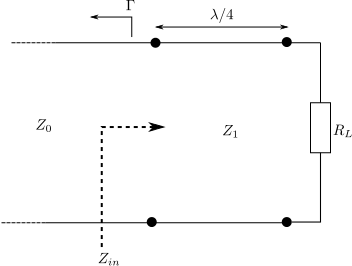
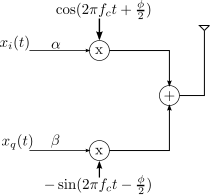
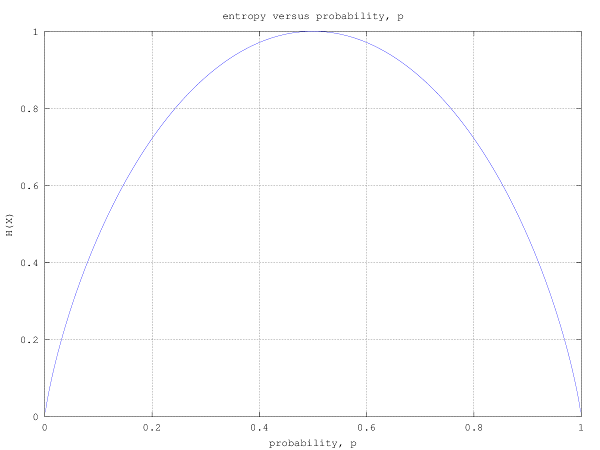
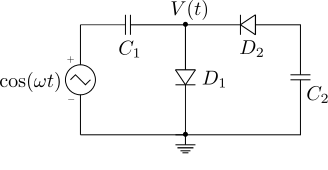
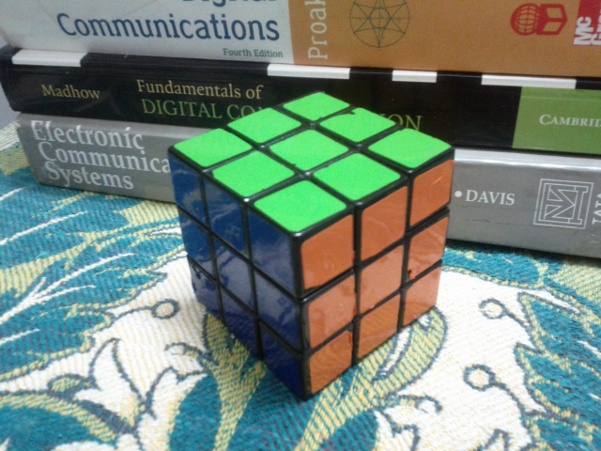
Hello Friend, Hope everything is fine.
I am a researcher from psychology department. Interested in bloggers and their behavior. My research topic is “Blogging Improves Self-Identity”. In connection with my research I need your help. If you spare your mail id, I will be sending the research questionnaire’s to your mail Id. You can give your responses to the questionnaire. My mail Id is meharun@gmail.com. Kindly cooperate in this survey. Your response will be used only for research purpose. To end with friendly note, I am always ready to help you if you have any queries or doubts related to psychology. Thank you.
Meharunnisha
Doctoral Candidate
Dept of Psychology
Bharathiar University
Coimbatore – 641046
Tamil Nadu, India
meharun@gmail.com
@mehar: Sure you can mail me. Please use the email ID provided in https://dsplog.com/contact-us/